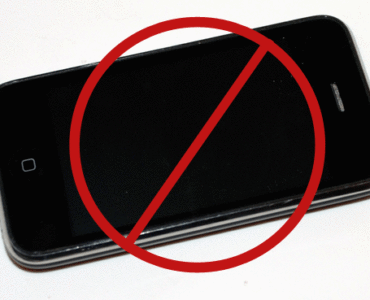There are many benefits to being a freelancer. You have no boss to answer to, you can work from the comfort of your own home, and your income is only limited by the amount of time and effort you want to put into making money. However, being a freelancer also comes with a certain amount of serious responsibility – responsibility that you wouldn’t have if you did have a boss, and worked for a company, and had a regular paycheck. This is especially true when it comes to financial matters. Protect yourself and your financial well-being by following these five critical personal finance tips for freelancers:
Budget. Develop a monthly budget and stick to it, so as to avoid being sideswiped by unexpected income fluctuations. Because your income is irregular, you will need to determine an approximate monthly income to use for your budget. Total up your previous year’s income and divide that amount by twelve, then use that figure as a measure of what you can and cannot afford.
Safety net. As a freelancer, it is likely that your income will almost always be at least slightly unpredictable (and sometimes extremely unpredictable). It’s important that you prepare yourself for the tight months by saving during the bountiful months. A good rule of thumb is to keep three to six month’s worth of expenses in an interest-bearing savings account, for “just in case.”
Save for tax season. Don’t allow yourself to be caught off-guard by a tax bill at the end of the year. Set aside a bit of each paycheck you get to avoid tax season shock, and to soften the blow of what could be a hefty IRS debt.
Debt. Avoid it. Period. Keep your monthly expenses down to the bare essentials: rent/mortgage, utilities, car, groceries, etc. This may be the biggest favor you will do yourself as a freelancer. Staying out of debt means freeing up your cash flow, which will come in handy when you have a slow month (or more). This is especially important considering that interest rates for things like credit cards can be very high, and that missing a payment (if the worst happens) can send you into a vicious cycle that will end up costing you way more than you originally borrowed.
Retirement. Don’t forget to develop a plan for retirement, unless you plan on working forever. The time to start planning for retirement is now.
Just like any self-employment venture, freelancing can be a risk. But there are things you can do to hedge that risk. Follow these personal finance tips and set your mind at ease.
About the Author: Dona Collins is a full-time writer and IT specialist who knows how important it is to have a financial safety net. When she is not working she can often be found helping other IT professionals find work through groups like Modis IT recruitment services and other local agencies.




